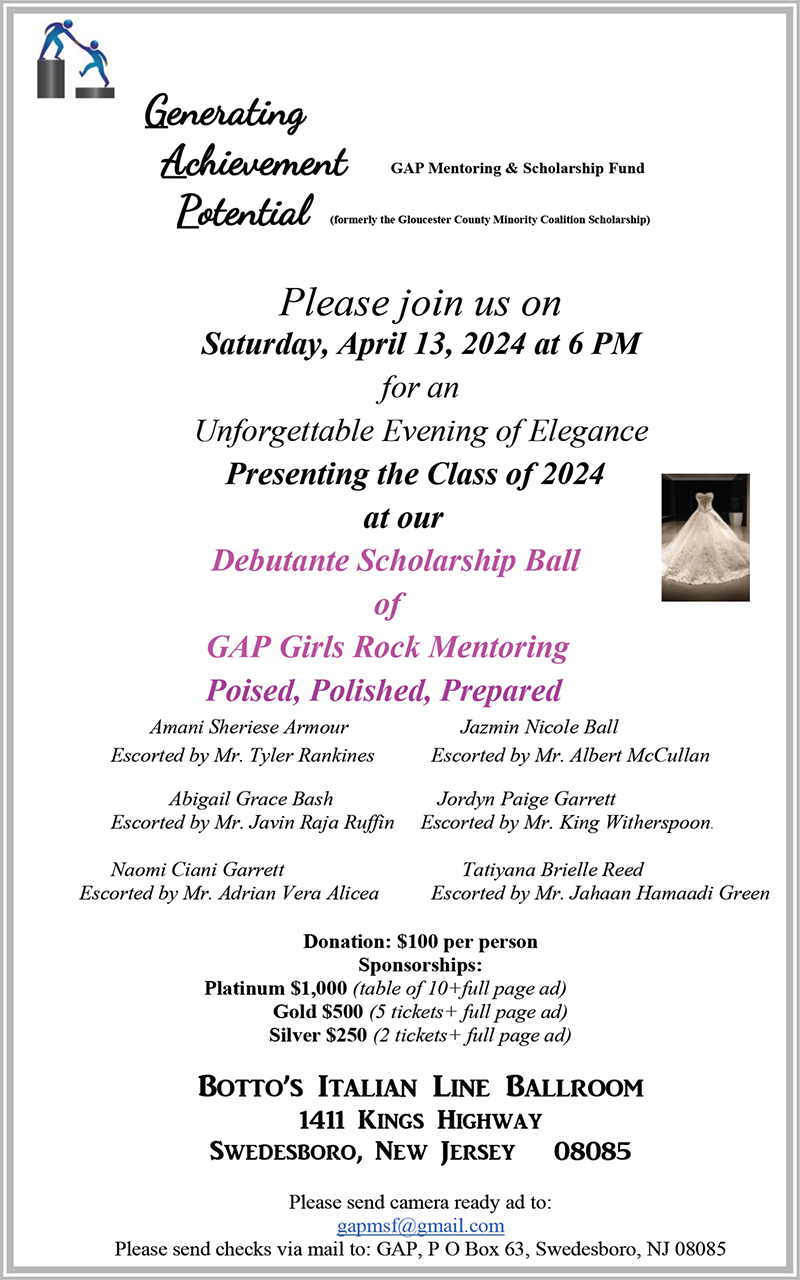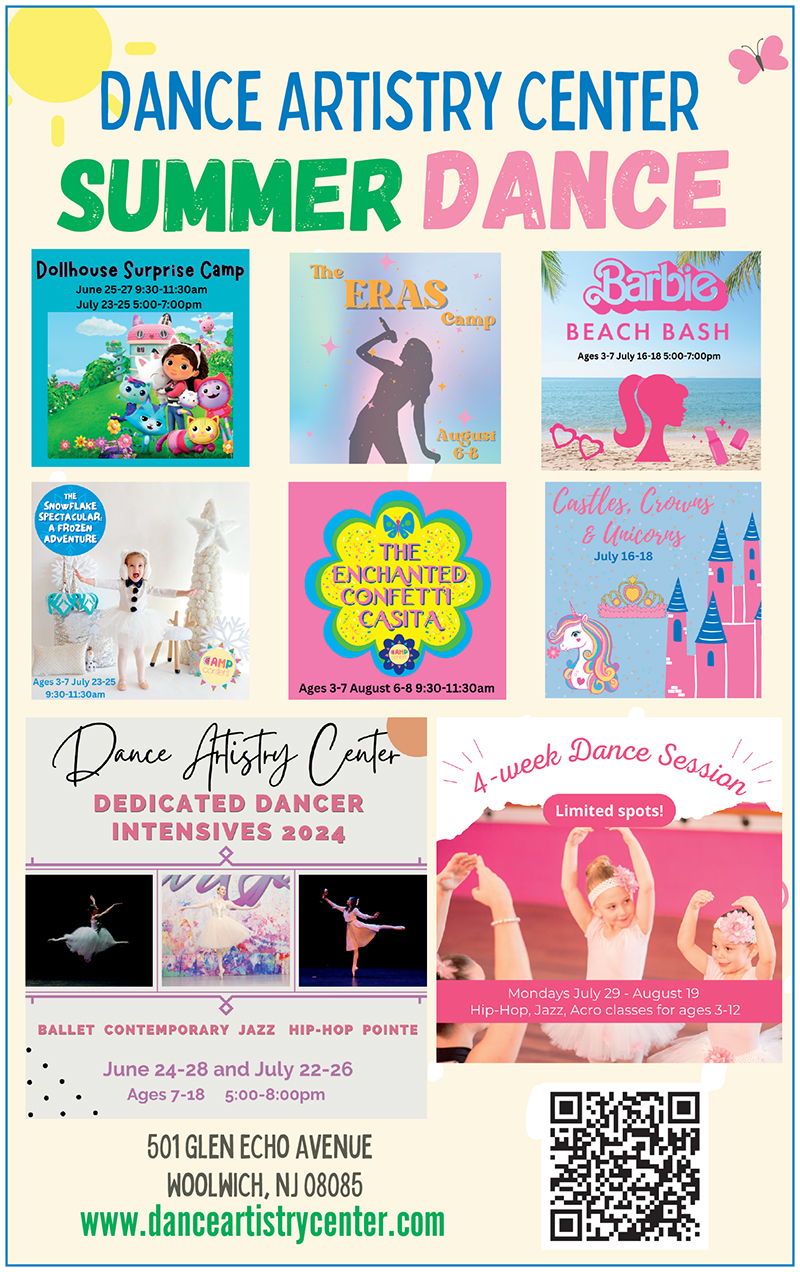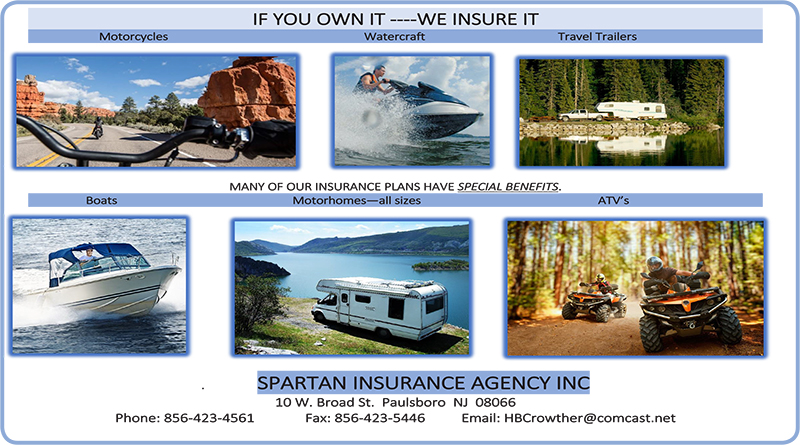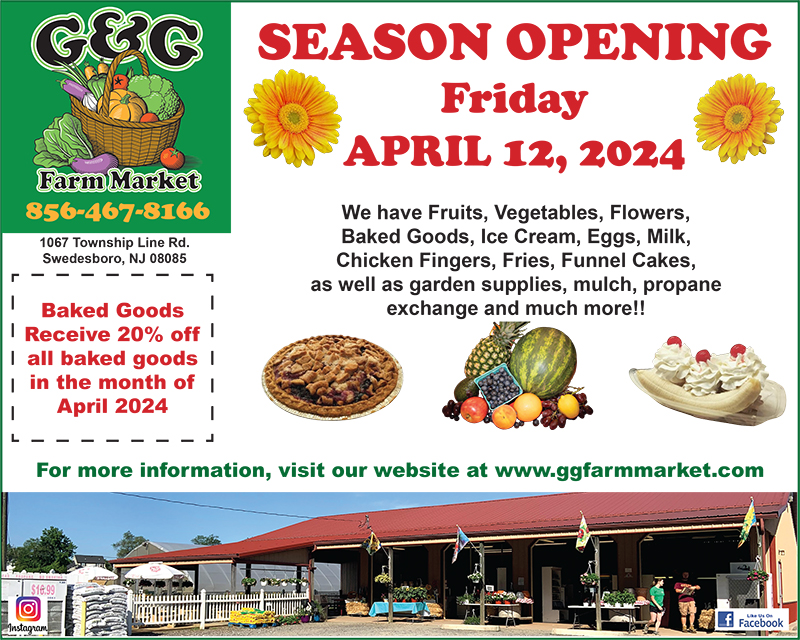
Remember that magical look of joy and wonder on your youngster’s face when he or she graduated from training wheels to a “real” bike the first time? It’s a treasured, rite-of-passage milestone for the kids and the parents of the four-, five-, six-year-olds or so, celebrated in photos and videos on social media wherever there are kids and pathways and two-wheelers.
But that never happened for Jeanine and Scott Robbins, parents of Emily, now 12. And it did not happen for Caroline and John King, parents of John, now entering his teen years. Those parents, both Woolwich residents, held no hope that their children would participate in the common activity all kids enjoy, riding a bike.
“The doctors told us John would never ride a bike,” Caroline King said, “that that wasn’t (in his) future.” John, a strapping, good-looking young man, was diagnosed with Trisomy 21, also known as Down Syndrome, and with apraxia of speech, a severe difficulty in speaking.
Emily’s mother confessed to thinking, like the specialists, that her quiet and charming daughter, now 12, would miss out on much of normal childhood, such as the fun of a bike and the activities it opens to a child. Emily, diagnosed with autism, was also considered non-verbal by doctors, Jeanine Robbins said.
The medical community was mistaken. It turns out there are therapies not offered in clinics or medical facilities; therapies finding success outside of the orthodox.
John benefits from the equestrian riding therapy at Dream Park in Logan Township and both his motor skills and speech have improved. (See the New Town Press story about the riding therapy program in the March 2017 issue.) But you can’t take a horse out on the sidewalk and street shoulders and ride for fun, ditching the horse while you rest and chat on a porch somewhere. For sidewalk riding to a porch you need a bike.

Have you heard of iCan Shine? This innovative, nationwide program has developed a novel, step-by-step plan that takes a person unable to ride a bicycle because of a disability and, in one week, teaches that person to ride a two-wheel bike on their own. That’s right. One week.
The program offers advice, adaptive bicycles, technicians, counseling and training for volunteers anywhere willing to put in the effort and time to operate a one-week camp for special needs riders, 8-years-old through adulthood. The camps are called iCan Bike camp and they open with anxious, unsure, maybe a little scared students, and end in a week with a graduation ceremony for the happy, confident, excited, newly-empowered and competent bicyclists.
“Anything is possible,” said King, adding a phrase expressed by everybody interviewed about the camp. “It’s amazing!” King, along with her friend Vicki Masters of Mullica Hill, a physical therapist in private practice and for the Harrison Township School District, opened an iCan Bike camp at RiverWinds Community Center in West Deptford in summer of 2014.
A huge success, the camp was visited by Freeholders from Camden County who offered to sponsor subsequent camps at the county college in Blackwood. The camp makes use of a gymnasium and outdoor parking lot.
King said there is no fee for camp riders, even though the one-week camp, which is held once a year, usually in June, costs about $10,000 to operate. “We seek sponsorships, grants, and we are staffed with volunteers,” King explained. “Our students don’t have to pay.”
It is the volunteers, she said, who are the backbone and the soul of the camp. “Bike Camp hosts 35 to 40 riders each year. Starting with year one, our bike camps have sold out! The popularity of (the) camp is spreading and … is filled with the maximum number of riders earlier and earlier each year. Bike Camp 2018 has a wait-list for riders and we’re seeking volunteers to experience the enthusiasm of Bike Camp.
“Each rider needs two to three volunteers, we call them Bike Buddies. So that’s a need for about 400 volunteers each year,” King added. The buddies are generally an athletic group, recruited by word-of-mouth from local high schools and communities.
The athleticism is a must, King pointed out. The volunteers may need to run with the biker for more than a mile, or walk 75 minutes straight, plus be able to steady a bike or a rider at any time.
James Summers volunteered the first year and, as everyone did, called his experience amazing. On the hockey team at Clearview High and now a senior and forward for the Rutger’s University Ice Knights hockey team, the West Deptford native and a friend volunteered together.
“I always liked to help out as much as I can,” he said. “I was a Boy Scout and was used to helping, and I have a cousin, he’s 8, who has autism and whenever I saw him smile, I was happy.”
Summers was 17 or 18, he said, and remembered that his time as a bike buddy involved athletic endeavors. “There was a lot of running. You have to run along with the bike and keep close in case you had to grab the safety handle on the back of the bike and prevent tipping,” he recalled. “There’s a tendency to tip. Riders have trouble balancing.
“There was this one kid I stuck with the whole time. He was nervous but by half way through, he was loving it and didn’t want to quit. It felt like I was helping him tremendously. I felt like the support is one of the main things we give (riders). Someone is with them and they’re more comfortable.
“I had a great time. It was amazing to watch the progress.”
Another bike buddy, Dara, volunteered two years ago. “I got to share my iCan Shine experience with my boyfriend of three years, Logan Bersani,” Dara said in an email. “A friend had recommended volunteering with iCan Bike after hearing that I wanted to get more involved in the community.
“I got to experience something truly magnificent. I am a long-distance biker and enjoy going on bike rides with my family, but getting to share my love of exercise with John (King) and my other bike buddy was an experience like no other. It was physically demanding, but the overall experience brought me such joy.”
Rider John’s mother, Caroline King, said volunteers don’t have to be there the entire camp day or be present every day. “If you can even come for one 75 minute session, that’s a help.”
In the perfect marriage between need and ability, the members of the Mullica Hill Women’s Triathlon Club, AKA Women’s Tri-Club are volunteering, both adults and youth, for the camp, claimed Jeanine Robbins. She is herself a Tri-Club member and competitor in triathalons. “You see the progress in just one week and that’s so rewarding,” Robbins said.
She is also thrilled that her daughter, Emily, became a camp rider. She completed two years of camp.
“I was not a spotter (bike buddy) but I volunteered for whatever they needed,” she said. “I was shocked she completed it at all. The way they do (the training) is amazing. You start with a special adaptive bike, move to tandem riding, and then to riding alone. It was just amazing how they do that.”
The adaptive bicycle has a special rear tire that stabilizes the bike. It gets changed out as the rider gains balance, skill and confidence.
It was a success for not just Emily, but her triathalon mom. “I can run with her while she’s biking, and her brother, Scottie, 10, runs with her, too. She has a whole new freedom. It’s changed our family. I was especially pleased to see the pride on Scottie’s face when he saw his sister graduate from camp.”
Riders of all abilities are successful at the camp, both Robbins and King said. And some of those successes are, say it with me, ‘Amazing’. There was the then-18-year-old rider who went to Paris after learning to ride. In France, “She completed a tour, a bicycle tour!” King exclaimed, and gave another example. “We had a woman, 50, who was told she would never go biking and now she bikes along the banks of the river in Cooper Park regularly.”
In one of those circle-of-life happenstances, the camp is expanding its program so graduates can participate in the Gloucester County The Ride bicycle event, which raises funds for special needs programs. Every two years The Ride is held the first Saturday in June at Rowan College in Sewell. Last year, Emily, with her mom running beside her, entered The Ride event.
“How wonderful is it,” Caroline King asked, “that athletes with disabilities can participate and ride in a fundraiser for individuals and students with disabilities?”
The next The Ride is Saturday, June 1, 2019
There are five iCan Bike camps in New Jersey, four in Pennsylvania, and one in Delaware. Of New Jersey’s five, only one is located in South Jersey. To contact that one for volunteer registration or for more information, reach Caroline King at 484-880-9667, or email: iCanBikeNJ@yahoo.com. You can access the iCan Shine website at https://icanshine.org/
By Jean Redstone












